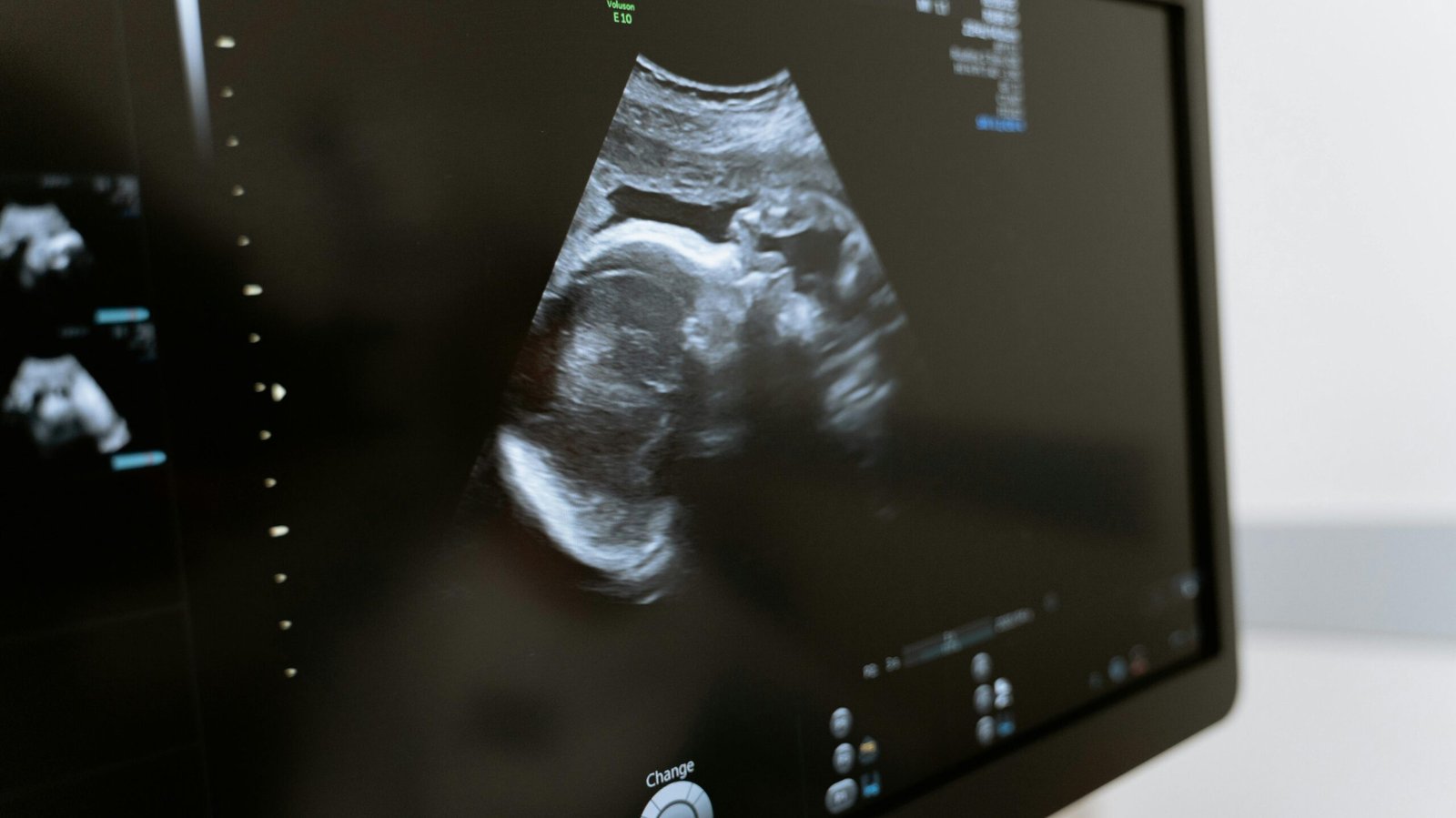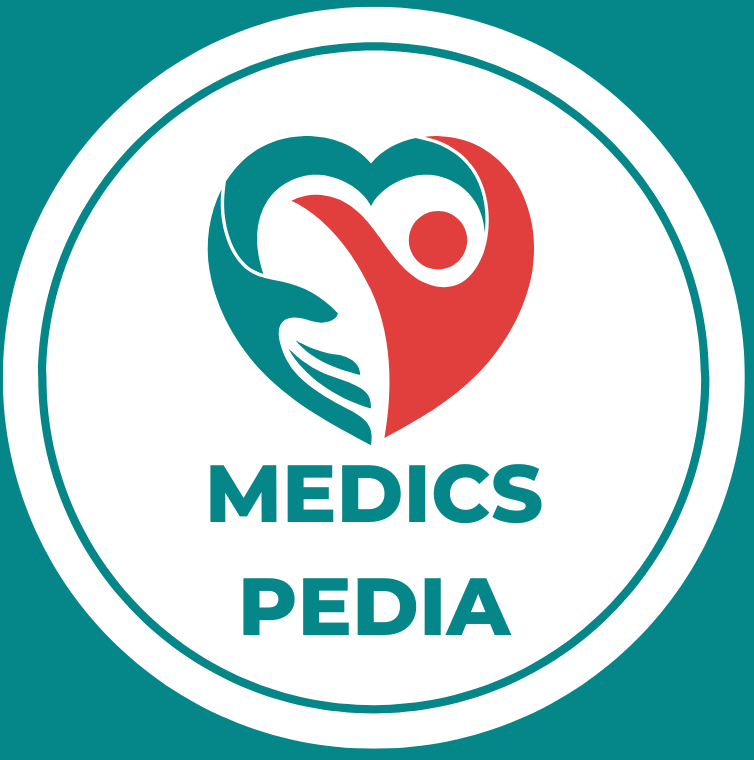Prenatal care is an important part of a healthy pregnancy, and it includes regular check-ups, essential tests, and screenings to monitor the mother’s and developing baby’s health. This holistic approach assures early detection and management of any issues, encourages healthy behaviors, and provides critical education and support to pregnant parents.
Importance of Regular Prenatal Check-Ups:
Monitoring the health of both the developing fetus and the mother requires routine prenatal checkups. When a pregnancy is confirmed, these visits usually start as soon as possible and get more frequent as the due date draws near.
1. Early Detection of Complications:
Frequent examinations enable medical professionals to identify and treat possible issues early on. Preeclampsia, infections, and gestational diabetes are among the conditions that can be detected by routine tests and treated quickly to avoid negative consequences.
2. Monitoring Fetal Development:
Checkups are used by medical professionals to track the fetus’s growth and development. To make sure the baby is growing at a healthy rate, tests including ultrasound scans, measurements of the mother’s abdomen, and fetal heartbeat listening are frequently employed.
3. Maternal Health Assessment:
The mother’s health is a major concern during prenatal checkups. Regular checks are made for blood pressure, weight, and urine tests to look for any indications of potential problems. These evaluations aid in the treatment of common pregnancy-related conditions, including hypertension, anemia, and UTIs.
4. Education and Support:
Expectant parents can learn about various aspects of pregnancy, labor, and newborn care, as well as ask questions during prenatal care sessions. Discussions on subjects including postpartum recuperation, nursing, exercise, and diet are frequent.

Necessary Tests and Screenings:
A number of examinations and tests are advised throughout pregnancy to guarantee the mother’s and the unborn child’s health and well-being. These tests aid in the detection of infections, genetic disorders, and other possible problems that can affect pregnancy.
1. Blood Tests:
Early in pregnancy, blood tests are performed to identify the Rh factor, and blood type, and to check for illness such as syphilis, HIV, hepatitis B, and rubella. In addition to measuring the amounts of specific proteins and hormones that may point to possible problems, these tests also assess for anemia.
2. Ultrasound Scans:
Since ultrasound scans provide visual representations of the developing fetus, they are an essential part of prenatal treatment. Usually carried out between 8 and 12 weeks into the pregnancy, the first ultrasound determines the estimated due date, verifies the pregnancy, and looks for multiple pregnancies. When the infant is 18 to 22 weeks old, a thorough anatomy scan can detect any anatomical anomalies as well as evaluate the baby’s growth and development.

3. Glucose Screening:
A glucose screening test is performed between 24 and 28 weeks to screen for gestational diabetes. After consuming a sugary solution, blood sugar levels are measured one hour later. To confirm the diagnosis and treat the illness, additional testing is carried out if the levels are elevated.
4. Group B Streptococcus (GBS) Test:
GBS testing is done throughout the third trimester, which lasts for about 35–37 weeks on average. Common bacteria called GBS can be dangerous to babies if it is transferred to them during childbirth. Antibiotics are given during labor to avoid infection if the test is positive.
5. Genetic screening and diagnostic Tests:
Genetic screening procedures evaluate the likelihood of chromosomal abnormalities like Down syndrome. Examples of these tests are the first-trimester combined screening and the second-trimester quad screen. Amniocentesis and chorionic villus sampling (CVS), two diagnostic procedures that have a slight risk of complications, can offer conclusive information concerning genetic disorders.
6. Non-Invasive Prenatal Testing (NIPT):
A blood test called NIPT examines fetal DNA in the mother’s blood to check for chromosomal abnormalities. As early as 10 weeks into a pregnancy, this non-invasive and incredibly accurate approach can be used.
Benefits of Comprehensive Prenatal Care:
Both the mother and the unborn child can benefit greatly from comprehensive prenatal care.
1. Reduced Risk of Complications:
Frequent observation and prompt intervention lower the chance of difficulties during pregnancy and labor. Early identification can lead to more successful management of conditions such as preeclampsia, gestational diabetes, and fetal growth restriction.
2. Improved Maternal Health:
Healthy lifestyle and habits, such as a balanced diet, consistent exercise, and abstaining from drugs and alcohol, are encouraged by prenatal care. This enhances the mother’s general health and fosters a healthier environment for the growing child.
3. Improved Fetal Development:
By keeping an eye on fetal growth and development, problems can be quickly resolved. Better birth outcomes and a lower chance of low birth weight and preterm birth can result from this.
4. Emotional Support:
Expectant parents receive comfort and emotional support from prenatal care. Frequent visits provide parents the chance to express their worries, build their self-esteem, and get ready for the demands of motherhood.
Conclusion:
A healthy pregnancy requires prenatal care, which includes routine checkups, any required tests, and screenings to protect the developing baby and the mother. Comprehensive prenatal care greatly increases the likelihood of a happy pregnancy experience and a healthy result for mother and child by promoting healthy behaviors, assisting in the early detection and management of potential difficulties, and offering vital knowledge and support.
For more about pregnancy stages and trimester, check this.
FAQs
Why is prenatal care important during pregnancy?
Monitoring the health of the developing baby and the mother requires renatal care. It encourages healthy habits, assists in identifying and managing possible issues, and offers pregnant parents support and knowledge.
How often should I have prenatal check-ups?
Prenatal checkups are usually planned every two weeks until 36 weeks, then once a month for the first 28 weeks, and finally weekly until birth. However, depending on unique circumstances and any underlying medical concerns, the frequency may change.
What tests are done during prenatal care?
Blood testing for infections, genetic screening for chromosomal disorders, ultrasound imaging to track baby growth, and glucose screening for gestational diabetes are a few examples of prenatal diagnostics. The particular tests you require will be determined by your own risk factors and medical history.
How should I respond if I have problems while I’m pregnant?
Get in touch with your doctor right away if you have any strange symptoms, such as vaginal bleeding, excruciating stomach pain, or decreased fetal movement. In cases like this, prompt medical intervention is essential.
How do I make sure my pregnancy is going well?
A healthy lifestyle is essential to have during pregnancy. This entails maintaining an active lifestyle, avoiding dangerous substances like alcohol and tobacco, eating a balanced diet, and receiving frequent prenatal care.

